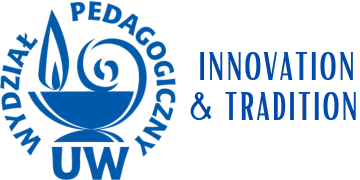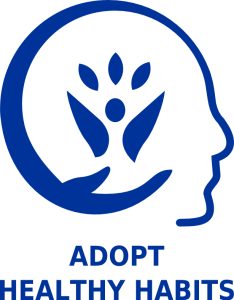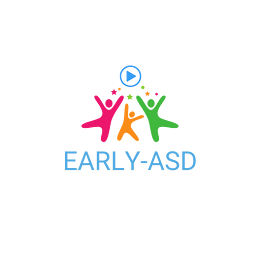Research projects
TEACHERS’ WELLBEING IN THE TIMES OF CRISIS
The main objective of the project is to build the well-being of teachers and school principals, in the context of different waves of migration (economic, climatic, social, political), in particular the effects of the war in Ukraine, its consequences like inflation, but also the rapidly developing digitalisation. The specific objectives of the project are:
Diagnosis of the basic sources of stress, professional burnout, and dissatisfaction with the teaching profession in the current socio-political and economic situation.
The diagnosis is based on data obtained from qualitative and quantitative studies on mental health, well-being, and occupational stress and stressors (with an emotional and somatic component) in the population of teachers and headmasters in Austria, Poland, Greece and Turkey.
Identification of common stress and burnout factors in the project partner countries and those that are characteristic of specific socio-cultural contexts.
Creating a system of psychological and health support for teachers experiencing difficulties in relations with students, parents, school and the local community.
Creation of a system and tools to support teachers and principals in dealing with psychological, pedagogical, social, and health difficulties.
Pilot implementation of elements of the developed system and selected tools for psychological, pedagogical, and health support for teachers’ well-being
Implementation of a digital platform supporting the well-being of teachers and principals with the help of various tools and individual and group activities, from which participants make a choice adapted to their needs and build their own path of support and development well-being.
INTEGRATING PRIMARY AND PRE-SCHOOL VIRTUAL EXCHANGE PROJECTS INTO LANGUAGE EDUCATION
The INVITED project Iintegrating primary and pre-school virtual exchange projects into language teacher education) seeks to promote the use of virtual exchange (VE) projects in primary and pre-school language education and to develop teachers´ competences regarding VE by integrating VE projects with young learners into pre- and in-service language teacher education. Project members are teacher educators from 5 different universities in Europe in cooperation with local schools.
The project is going to implement a survey on teachers´ experiences with VE in pre-school and primary language education to find out about teachers´ needs. A community for teachers interested in VE is created in the form of an etwinning group to exchange experiences and materials and display good practice. A teacher education module that includes the implementation of a VE project in a local school is developed, adapted for a professional development course and made available on the ESEC.
The project provides opportunities for pre- and in-service teachers to connect through the online community and offers support for their VE projects. It develops a teacher education module that will be part of the partners´ curricula and made available as an online professional development course. The outcomes will help promote the use of VE in early language education, develop teachers´ competences regarding VE and foster children´s and teachers´ cultural, linguistic and digital competences.
Upskilling Preservice Teachers to Support Young Children with Autism Spectrum Disorder through Digital Social Stories
EARLY-ASD aims to develop a HE course curriculum with a specific focus on early intervention in developing social and emotional skills of children with ASD by creating digital social stories that are easy to access, and training preservice teachers to apply those stories with a handbook that will serve as a practical guide.
EARLY-ASD includes both descriptive and experimental project activities. Descriptive activities will be used for the data collection processes such as online survey applications and workshop organisations while experimental activities will allow us to see the effectiveness of the developed outcomes through a two-folded process: one is the piloting course for preschool teachers and the other one is the early intervention process maintained with children with ASD.
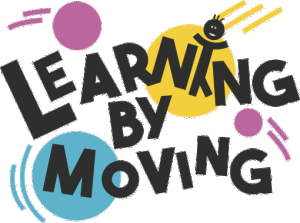 Learning by Moving! Innovative and Interdisciplinary Teaching Methods in Pre-school and Primary Education
Learning by Moving! Innovative and Interdisciplinary Teaching Methods in Pre-school and Primary Education
The project focuses on introducing and developing innovative, interdisciplinary methods for working with children aged 5-10, including those with special educational needs. The proposed method’s unifying element is physical activity, which aims to support the motor development of young learners and their cognitive and socio-emotional growth. As part of the project, training sessions will be organized for university lecturers and students to help them develop the competencies needed to apply these teaching and learning methods to preschool and early school-age children. The project will also result in the development of modern educational materials (lesson plans, worksheets, instructional videos, etc.) and the publication of “Learning by Moving!”. The project outcomes will be disseminated nationally and internationally through seminars and conferences, while a website and social media channels will ensure the long-term promotion of its results.
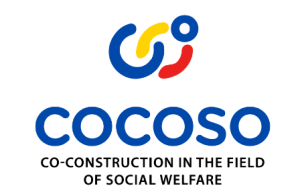 Co-construction in the field of social welfare
Co-construction in the field of social welfare
This Industrial Doctoral Network focuses on participation and co-construction as essential elements of democracy and innovation in social welfare. The network trains doctoral researchers to respond to the urgent need for meaningful and effective participation of citizens in shaping social services and policies—including service users, practitioners, managers, and decision-makers.
Citizens engaged with welfare systems often face inequality and vulnerability, limiting their ability to participate. To tackle these challenges, the project addresses:
- Diverse perspectives on participation and co-construction
- Power, trust, and management barriers
- Limitations due to vulnerability and intersectionality
- The potential of digital tools for participation
Researchers work closely with senior academic and industry partners from disciplines such as social policy, education, sociology, management, and history, as well as from sectors like local government and non-profit organizations.
